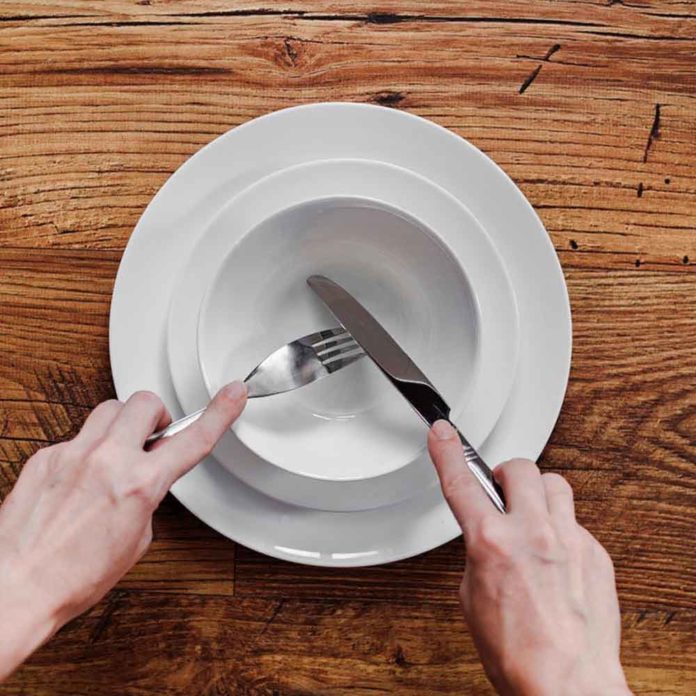
I hate fasting.
Let me get that out of the way right from the start. I have done it on a number of different occasions for a whole bunch of different reasons and I just really don’t enjoy it a whole lot.
But I am glad for the times I have done it.
I remember fasting once a week on Tuesdays when I was at teacher’s training college. Inevitably every second week I would remember half way through the day after just having eaten something that I was supposed to be fasting. Argh! Guilt trip. I will try again next week.
When I was part of a missions team doing some training in Holland a group of us fasted lunch for a week but in those times met together to pray specifically for certain things that were on our heart and that was a lot more successful – and easy to remember. Fasting with someone else is a great idea.
Then there was the longest fast I ever did which was ten days long – only liquids and no food at all. Followed by me trying to cycle the 109km Cape Argus Cycle tour. Bad move. I realised this about 20km in and then phoned my mom to pick me up. Hint for first-time fasters: Don’t do a big one before a sporting event. I had actually joined a friend of mine who was doing the ten-day fast and so it was an accident that it ended up finishing just before my cycle, but lesson learnt.
A different kind of fast
But fasting is a good thing. There is discipline involved. And sacrifice. Particularly when you are replacing the eating of food with some form of meditation, reflection or prayer for others. This when I have felt fasting to be the most effective.
It can really help focus you and also pull you outside of yourself and get you thinking about, and acting for, others.
But then there is this almost ‘left field’ passage that is found in the words of the prophet Isaiah in the Bible, who calls for a new definition of fasting:
Is not this the kind of fasting I have chosen:
to loose the chains of injustice and untie the cords of the yoke, to set the oppressed free and break every yoke?
Is it not to share your food with the hungry and to provide the poor wanderer with shelter— when you see the naked, to clothe them, and not to turn away from your own flesh and blood – Isaiah 58.6-7
That is revolutionary in one sense, but it also seems to show God’s heart when it comes to religious matters.
If you read the whole passage you get a more clear view of God saying something along the lines of: Don’t try to impress me with religious acts that don’t translate into changed behaviour.
As much as I love the idea of fasting and the change of focus and the discipline and sacrifice and all that, I have to say this idea moves me even more.
God calls us to live the kind of religious lives that result in injustice being tackled, cords being cut, oppressed people being set free. And while the church has definitely had a hand in these things in the past (slavery, apartheid, emancipation of women) we often find that the church would rather choose a religious act like fasting (or prayer or worship) than a transforming act like the kind of things God calls for here.
Imagine a church that took Isaiah 58 more seriously on a day-to-day basis. Is that something you would choose to be a part of? There are definitely parts of the church today who are doing amazing things in those areas but you have to look around a bit to find them. However, that is definitely the church that I want to align myself with as someone who is trying his best to follow Jesus in the world today.
That is the kind of fasting I want to gravitate towards. How about you?
